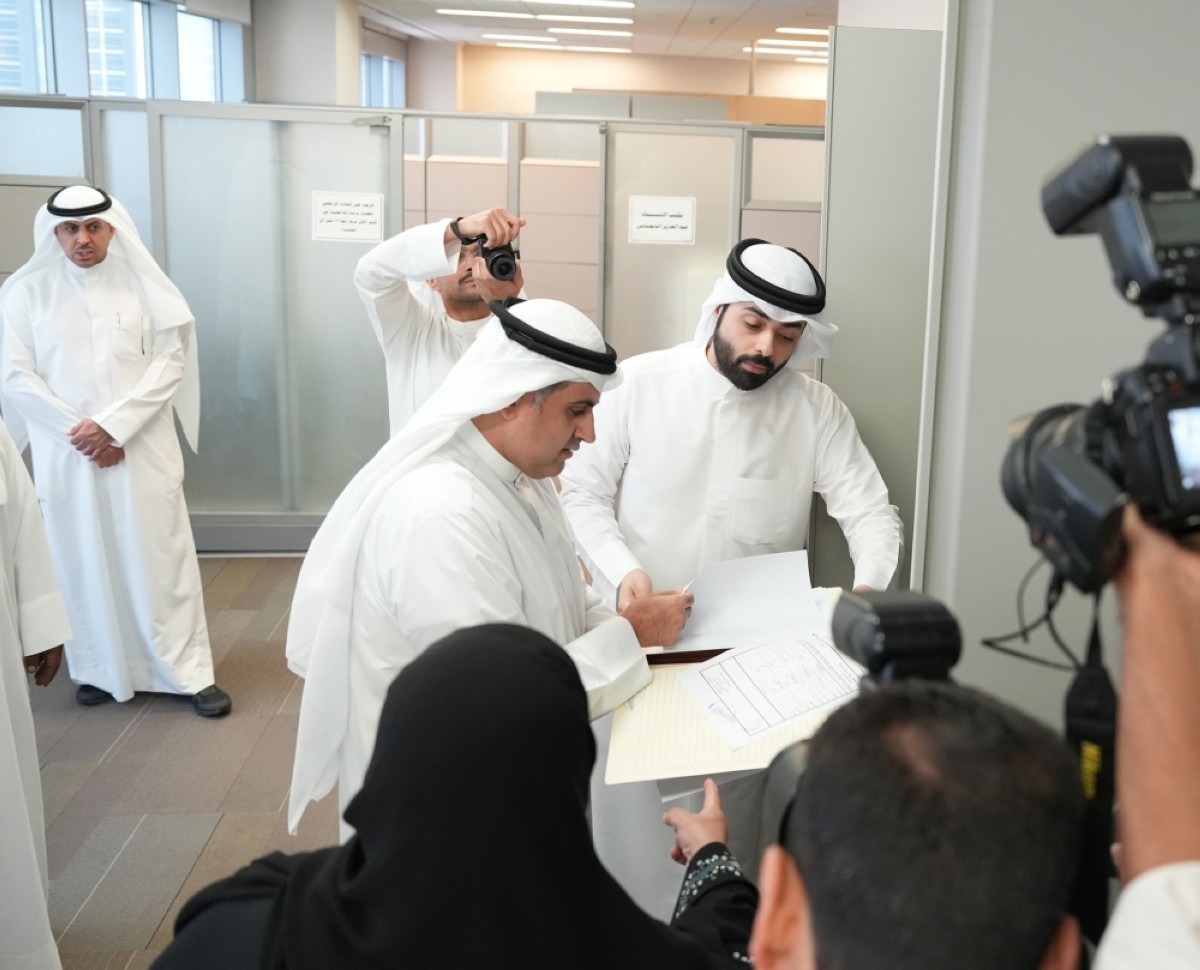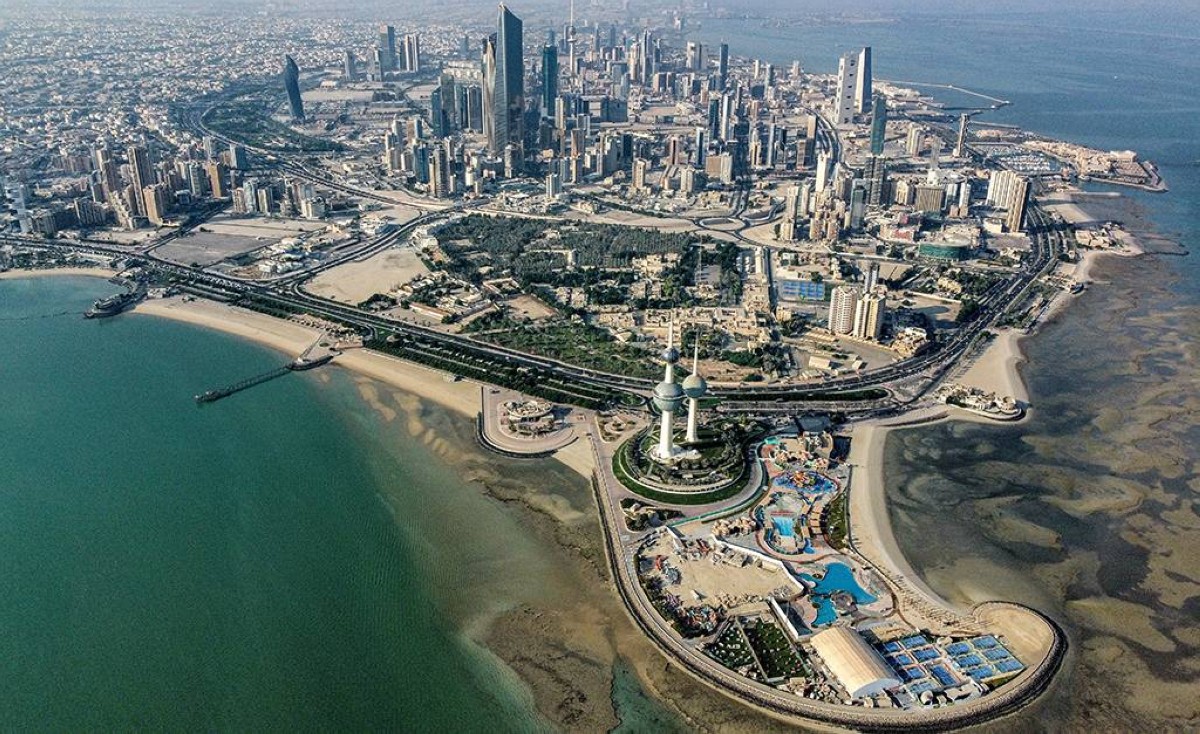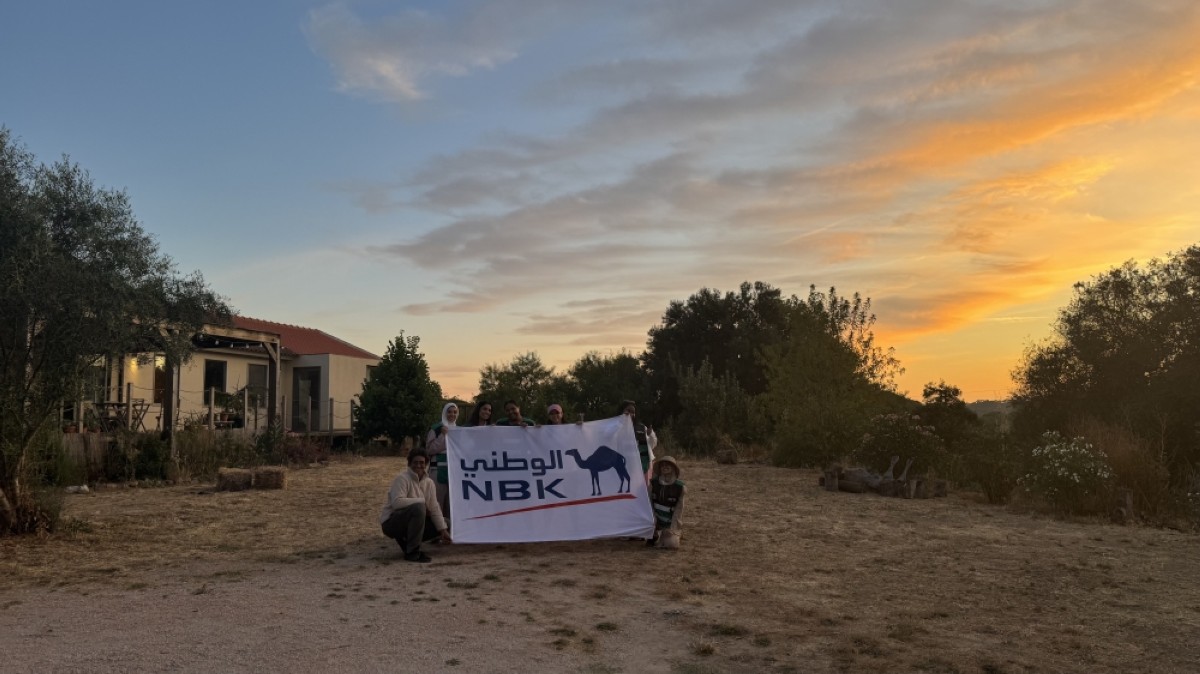KUWAIT: As the mandate of the United Nations Assistance Mission for Iraq (UNAMI) enters its final phase—set to expire on December 31, 2025—the long-standing humanitarian file concerning missing Kuwaiti persons and stolen property remains unfinished. In response, both Kuwait and Iraq have voiced diverging visions for the way forward. On May 31, 2024, the UN Security Council unanimously adopted Resolution 2732, granting UNAMI a final 19-month extension and instructing the UN Secretary-General António Guterres to recommend a follow-on mechanism should critical Iraq–Kuwait issues remain unresolved. This move reaffirmed the UN’s commitment to a file that has persisted since the 1990 Iraqi invasion of Kuwait. Kuwait Times has relied on the recommendations, submitted by Guterres nearly a year later on May 23, 2025, in addition to previously published news articles to produce this report.
Since being tasked with this responsibility under Resolution 2107 (2013), UNAMI has supported bilateral and multilateral efforts to address two central issues: the fate of missing Kuwaiti and third-country nationals, and the return of Kuwaiti national archives and property seized during the invasion. UNAMI’s contributions over the past decade have included the recovery and identification of 59 missing individuals, in coordination with the Tripartite Commission chaired by the International Committee of the Red Cross (ICRC). The mission also helped facilitate the return of hundreds of thousands of cultural items—such as books and artefacts—with limited progress on retrieving the national archives. In addition, UNAMI has provided technical support, organized training for forensic experts, coordinated excavation missions, assisted in cross-border transfers of remains and property, and participated as an observer in commission meetings, regularly briefing the UN Security Council on developments. Despite these efforts, 315 individuals remain unaccounted for—308 of whom are on Kuwait’s official list—and substantial portions of Kuwait’s archival and state property remain missing.
Kuwait has consistently stressed that the issue of missing persons and national archives is both symbolic and deeply human, and maintains that the UN should continue overseeing the file after UNAMI’s mandate ends. In a formal communication to the Secretary-General, Kuwait urged the reappointment of a High-Level Coordinator, citing the mechanism’s success between 1999 and 2013, when 236 missing persons were identified and property returned. Kuwait maintains that this issue should not be relegated to bilateral talks alone, but rather remain subject to periodic reporting to the Security Council. It argues that continued international oversight is essential to ensuring accountability and transparency.
Speaking at a Security Council session this week, Kuwait’s Permanent Representative to the UN, Ambassador Tareq Al-Bannai said that past decades have shown that the absence of international oversight can lead to stagnation and delay—“a scenario that is no longer acceptable after this long road of suffering.”
While expressing its commitment to resolving the file, Iraq has advocated for a bilateral approach. It has opposed the establishment of any new UN mechanism, suggesting instead the formation of national committees or liaison stations to facilitate progress. It has also requested UN support in locating Iraqis missing from the 1991 Gulf War. On Wednesday, Iraqi Prime Minister Mohammed Shia Al-Sudani said his government “places great importance on Iraq’s relations with Kuwait” and is working to address “the file of missing Kuwaiti persons and lost Kuwaiti property, including the national archives.” The Prime Minister emphasized Baghdad’s approach to resolving the issue “in the framework of bilateral cooperation.”
In March 2025, following high-level meetings in Kuwait, the Iraqi Ministry of Foreign Affairs notified UNAMI that both countries had agreed to reactivate the Iraq–Kuwait joint committee on missing property and archives—a body inactive since 2014. Iraq subsequently requested from Kuwait a detailed inventory of remaining property. The Iraqi foreign ministry confirmed in April that a new shipment of recovered items was being prepared for return. Iraq also announced a joint summer 2025 excavation at the Muradiyah site in Diyala Governorate with an Iranian field team. Under a bilateral agreement, any remains found will be reported to the ICRC and Kuwait before being transferred to Iran, ensuring that all findings relevant to the Tripartite Commission’s mandate are properly reviewed and shared.
In March and April 2025, Head of UNAMI Mohamed Al-Hassan visited Kuwait for high-level meetings with senior officials, including Foreign Minister Abdullah Al-Yahya and His Highness the Crown Prince Sheikh Sabah Al-Khaled Al-Hamad Al-Sabah, to discuss follow-up mechanisms for unresolved issues between Kuwait and Iraq. The Crown Prince welcomed updates on progress regarding missing persons and property and urged Iraq to take further concrete actions.
Recognizing that these sensitive issues are unlikely to be resolved before the end of UNAMI’s mandate, the Secretary-General has proposed two options for continued UN involvement: Appointment of a senior UN representative to oversee the file or assigning the mandate to a relevant UN Secretariat department. The UN has made clear that while progress has been made, the humanitarian stakes remain high. The remains of hundreds are still unaccounted for, and the symbolic significance of returning stolen state archives remains a priority for Kuwait.
“I believe that, absent an agreement between Iraq and Kuwait to establish a bilateral mechanism on this important file, continued United Nations assistance could help ensure further progress towards settling this long-standing humanitarian issue,” said Guterres in the report.
Kuwait has welcomed his recommendation at a Security Council session held in New York this week. “Kuwait believes bilateral cooperation with Iraq remains essential,” Al-Bannai said on Wednesday. “But UN follow-up through the Security Council is indispensable.”


 Business23 hours ago
Business23 hours ago
 Politics12 hours ago
Politics12 hours ago
 Latest News23 hours ago
Latest News23 hours ago
 Latest News21 hours ago
Latest News21 hours ago
 Politics13 hours ago
Politics13 hours ago
 Politics23 hours ago
Politics23 hours ago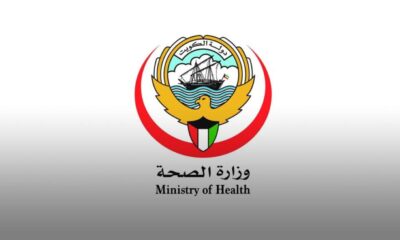
 Latest News13 hours ago
Latest News13 hours ago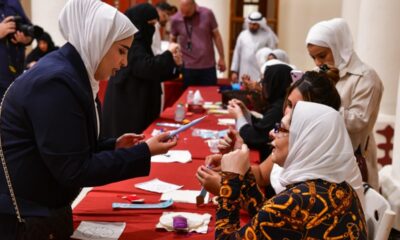
 Latest News17 hours ago
Latest News17 hours ago










